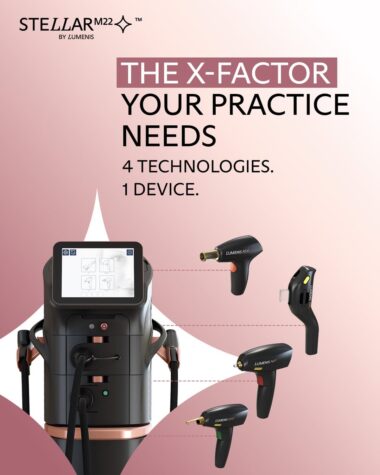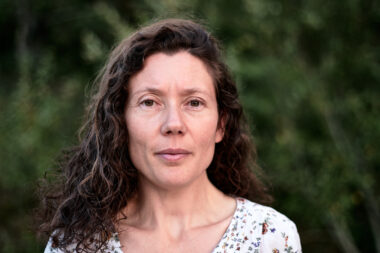The recent release of gender pay gap data from 5,000 private sector employers by the national Women's Gender Equality Agency (WGEA) has sparked heightened interest, with its unveiling marking a substantial advancement in our collective efforts to promote gender equality.
“More than just the release of the data is the discussion and debate that surrounds its release. Through the media and through the commentary, you are seeing examples of both understanding and support, and organisational resistance,” said Kit McMahon, CEO of WHISE.
Women’s Health in the South East (WHISE) is one of 12 Women’s Health Services delivering a range of services to support gender equality, and women’s health and wellbeing. As part of this work, WHISE provides services, such as consultancy, to organisations on the gender pay gap.
This includes reviewing policies and procedures to address intersectional barriers to equity in the workplace, building capacity to address sexual harassment, and providing advice and support to organisations to implement Victoria’s ground-breaking Gender Equality Act.
“Education and building capacity within organisations on the value and return of gender equality is key,” said McMahon.
“And just as important is organisations and their leaders providing the space, time and resources for organisational learning and change to occur.
“Organisations can’t assume that this work can be done in isolation; it is whole-of-business change – it is not ‘just an HR’ issue.
“It’s also how we design our services, how we promote and attract the best talent, how we are good corporate citizens, how governance and managing risk occurs, and of course, how much profit is generated.”
To support this, WHISE has released a resource for its partners, members, and stakeholders.
“The Gender Equality Act 2020 and Victoria’s first Public Sector Gender Equality Commissioner now mandate defined entities in the public sector to promote gender equality in their workplace which includes addressing their gender pay gap,” said Dr Rachel Bush, Evidence and Policy Lead at WHISE.
“However, many employers feel overwhelmed by the size of this task and are unsure of what is influencing their organisation’s pay gap.
“WHISE developed a guide to provide clear and easy-to-follow steps for understanding the gender pay gap and what structures and systems within organisations are contributing to it.
The resource will be launched at WHISE’s International Women’s Day event, Count Her In: Invest in Women. Accelerate Progress, to be held at Chisholm TAFE in Dandenong on the 5 March 2024.
“We are really proud of this resource,” said McMahon.
“Importantly, the resource was developed in collaboration with our partners who really want support to understand their pay gap, and how to take action to address it.”
The resource also provides users with ways that the pay gap can be closed.
“Addressing the pay gap starts with understanding that it’s a real and present thing. The data from WGEA tells us that there is not one industry in Australia that does not have a pay gap,” said McMahon.
“The second step is knowing that you can do something about it, which sounds a bit obvious, but we can’t assume that there is broad understanding across industry and community about these matters.”
The WHISE resource, Evaluating the Gender Pay Gap in Your Organisation: A Guiding Resource, is available to download.
Registrations are now open for WHISE’s International Women’s Day Event: https://events.humanitix.com/count-her-in-invest-in-women-accelerate-progress-byxftpck
Key Facts:
-
Heightened interest: The recent release of gender pay gap data from 5,000 private sector employers by the national Women's Gender Equality Agency has sparked significant interest, signifying a major step forward in promoting gender equality.
-
WHISE's role: As one of 12 Women's Health Services, WHISE offers consultancy services to address the gender pay gap, including policy review, capacity building, and support in implementing the Gender Equality Act.
-
Education and capacity building: WHISE emphasises the importance of educating organisations about the value of gender equality and providing resources for organisational learning and change to occur.
-
Resource release: WHISE has launched a resource guide to assist partners and stakeholders in understanding and addressing the gender pay gap, which will be unveiled at their International Women's Day event on March 5, 2024.
Contact details:
Dos Hetherington, Communications Lead
Email: [email protected]
Mobile: 0412 317 334



